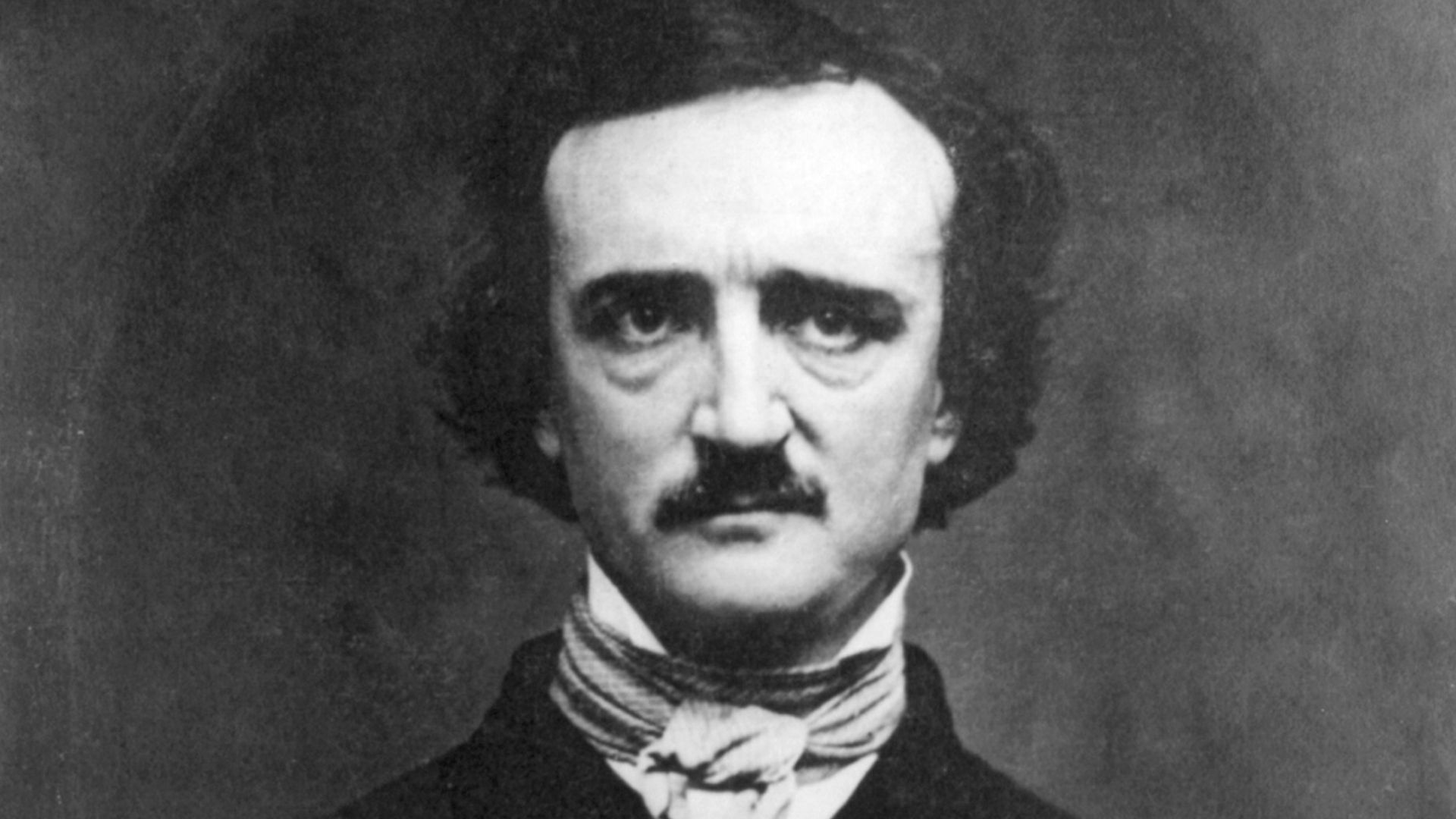An Enigma Comments
"Seldom we find," says Solomon Don Dunce,
"Half an idea in the profoundest sonnet.
Through all the flimsy things we see at once
As easily as through a Naples bonnet-
...
Read full text
A good start with a nice poem, Edgar Allan. You may like to read my poem, Love And Iust. Thank you.
Title of this poem is a mystery poem is coded with wonderful lines. Many reviewers have given their feedback and Frank Avon has tried reveal the mystery behind. This poem is very wonderful poem...10
Seldom we find, says Solomon Don Dunce, well done by Edgar Allan Poe
It feels like one of the writer's mystery tales with the only difference that here the reader does not have a solution. I am jealous of those who find it 'excellent'.
A sonnet that has us gasping for air with the names hidden there.++10
This may carry mystery or this may be difficult to understand but essence of poem is wonderfully caught here. Humorous expression of this poem seems to be very musical. This poem is definitely excellently penned.10
Edgar Allan Poe built his own pedestal to set himself among the best...
Stable, opaque, immortal- all by dint Of the dear names that he concealed within 't. Nice poem, thanks
I remember this poem as the springboard for Lolita. It has a most haunting melody and Poe's incessant feelings about doom. Tom Billsborough
......most interesting and intriguing....love the title, also ★
OK, I've got the code figured out. The poem is a sonnet with a 'hidden' meaning. A sonnet has fourteen lines. This one is dedicated to Sarah Anna Lewis, a fellow poet who apparently assisted Poe and was special to him. Her name has fourteen letters. The first letter of the first line is the first letter of her name - S; the second letter of the second line is the second letter of her name - a; etc., etc., etc. Don't count spaces or punctuation marks. Thus the dear names that Poe concealed within his sonnet (the 'stable, opaque, immortal' meaning of his poem) are SARAH ANNA LEWIS - a name that he was determined would be immortalized in his poem. His sonnet, by the way, is more or less Petrarchan, but of course Poe is not about to follow anyone else's form exactly. He must give it his own twist; hence, the rhyme scheme instead of the traditional ABBA ABBA CDCDCD is ABAB BCCB CDDB EE. That's Poe for you, and I must admit I like this poem better than the generally much-loved 'Annabel Lee' or even 'The Raven.' At least its rhythms and rhymes don't pounce at you and bounce around; the imagery is quite imaginative (e.g., flimsy as a Naples bonnet): and most important, the overt meaning is expressed in lines that are an apt description of many, many 'sophisticated' poems from the time of Elizabeth I to the time of Elizabeth II: Owl-downy nonsense that the faintest puff Twirls into trunk-paper the while you con it. Finally, notice that it's the Petrarchan (or Italian) sonnet that Poe pokes fun at; even Poe must have realized that Shakespeare's English sonnets were neither flimsy, ephemeral, nor transparent. And even Shakespeare has fun with the imagery and language of Elizabethan sonnets in #130, 'My mistress' eyes are nothing like the sun....' But, no, I'm not adding this one to my list of favorite poems - at least, not yet. It has to grow on me first.
Frank, I appreciate you cracking the code which, given the opinion offered of sonnets as a whole, I wasn’t motivated to figure out. Add to that I’m not a fan of Poe. I even more appreciate you writing knowledgeably. You don’t say here, but probably know, that ending with a couplet is characteristic of Shakespeare’s sonnets as is the idea of immortality enshrined in them. In sum, thanks! -GK
This may turn out to be my favorite Poe poem (I'm not as big a fan of his as most readers are) : the sound, for instance, is better than his usual duh-dah, duh-dah, duh-dah, duh-dah BOOM-BOOM. It may. But not yet. First, would someone explain the last line: Of the dear names that he concealed within 't. I suspect this is another 'Gold Bug.'
The poem in itself is an enigma. Took me a moment before I got it, but this being Poe's work it had to be written this way. Lovely

this is short like my marriage